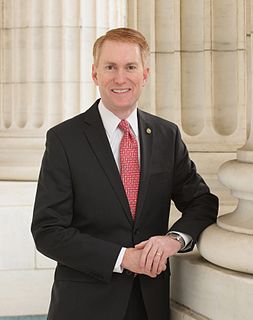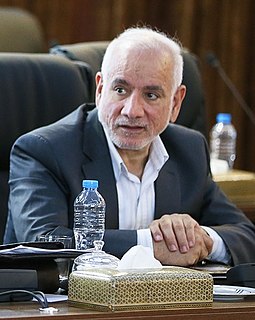A Quote by Federica Mogherini
We Europeans have a long tradition of cultural and economic relationship with Iran.
Related Quotes
It is clear that there are reasons for discontent in Iran - economic and political reasons. We have told the Iranian leadership repeatedly that the country's economic recovery can ultimately only succeed through greater international economic cooperation. And the precondition for that is not only that Iran refrain from developing nuclear weapons, but also that Iran's role in the region become far more peaceful. We have offered to finally hold true negotiations and talks on that issue.
We often forget that Iran has a long tradition and history with the United States. Iranians have been coming to the United States as students for decades. American businessmen were in Iran developing the oil fields. ...There was an American financial advisor to the Iranian government in the early part of the century.
How can you have a security guarantee? The Europeans can give their security guarantees to Iran all they want in return for their stopping their enrichment. But as long as America says we're going to stay out here and we're not going to drop the stick, we're going to pound you if we have to, it's not going to work.
First of all, there are Persians and Arabs. The fact they share a religion, a Shiite religion, does not mean that they're close. It doesn't work that way. There is a relationship because there is a long border. There is going to be trade between them. They should have a relationship. They want to make sure that - though, that there is no undue influence coming from Iran or any other country in the region.
I do believe that the very tense relationship between the United States and Iran presents a challenge to the United States. But to discuss Iran as that type of a threat I find somewhat unconvincing, mindful of the fact that Iran actually doesn't have those military capabilities that would be needed to refer to it as that type of threat.
One thing that's important to point out is that this kind of populism has a long and mixed history. It's part of this tradition of problematic anti-elitism where the elites are always the liberal class - the intellectuals, the professors, the artists - and not the economic elites. Why are we so mad and aggrieved at newspaper editors but not at corporate executives? I think we need to look more at the latter, at economic elites.


































